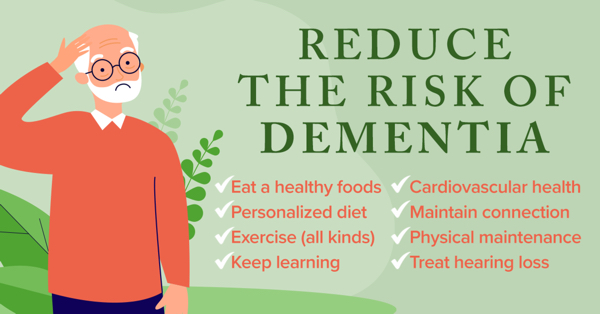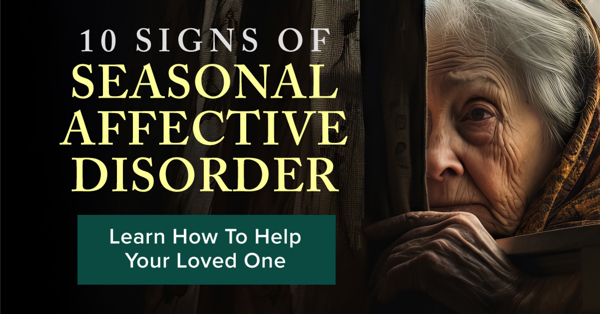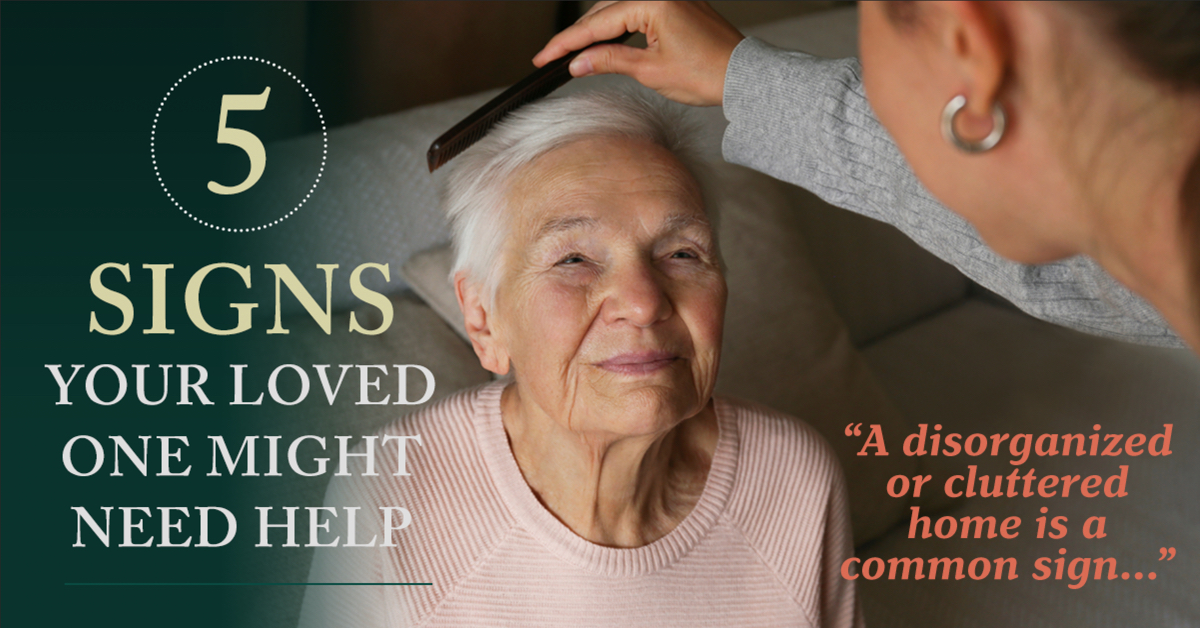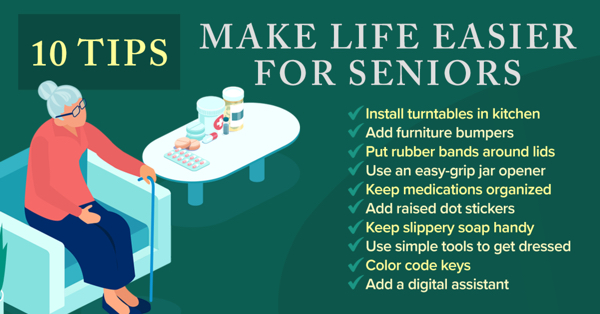It’s never too late to start eating smart.
A healthy, well-balanced diet can help your senior loved ones maintain a healthy weight, stay energized and lower the risk of developing chronic conditions, such as osteoporosis, high blood pressure, heart disease, type 2 diabetes and certain cancers. Recents studies also suggest it could ward off dementia.
“When you look in your senior loved one’s refrigerator, what do you see – fresh fruits and vegetables or hot dogs and canned peaches,” asked Sierra Goetz, co-founder and operations director at Tudor Oaks Home Care’s partner, the HomeCare Advocacy Network (HCAN). “We know that maintaining a healthy diet is critical for healthy aging. But for some older people, cooking just isn’t fun anymore – especially if they live alone. For others, limited mobility, cognitive decline and worsening vision can make it more difficult to put a healthy meal on the table and clean up afterward.” Continue reading Nutrition Tips for Older Adults









